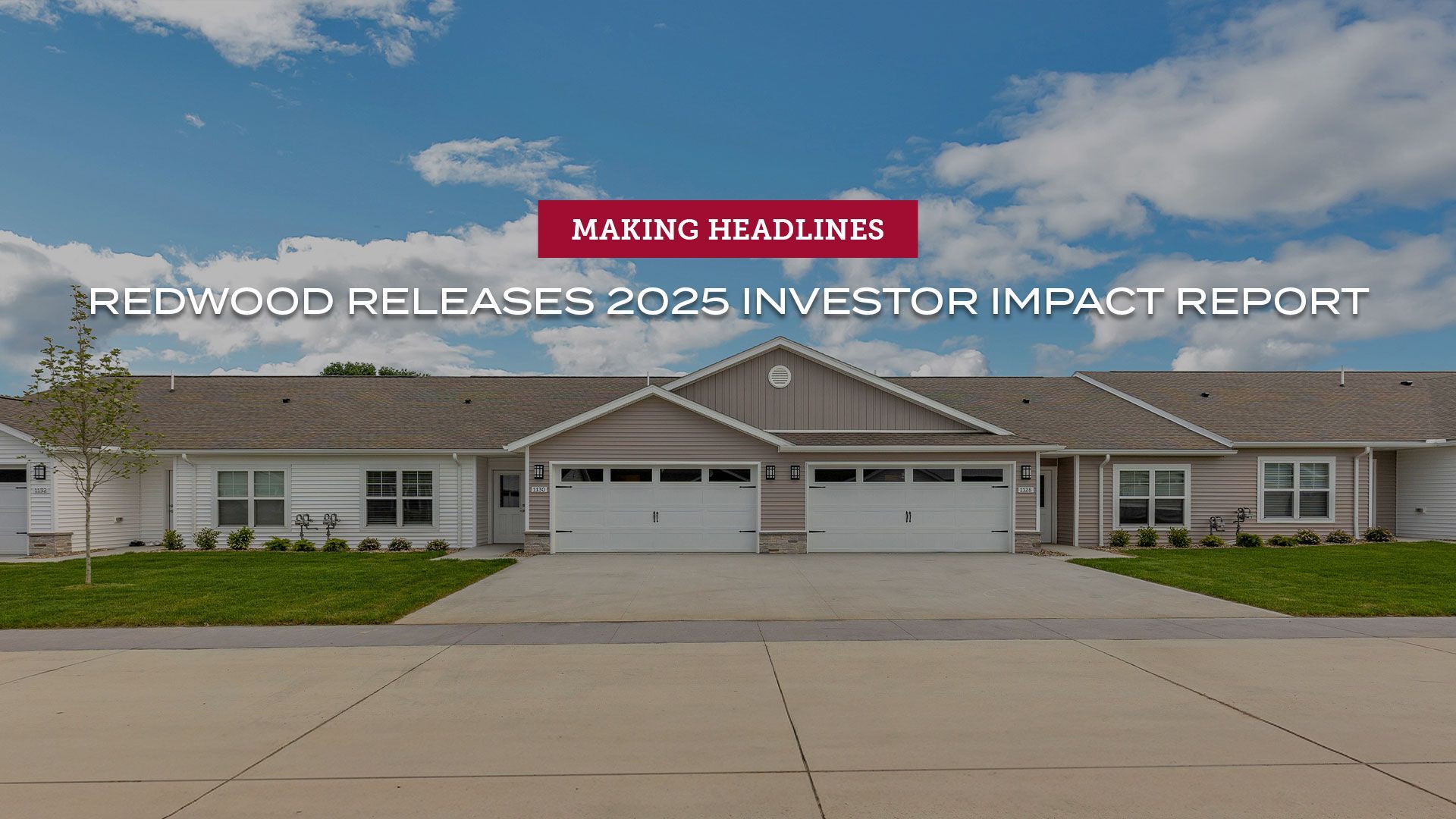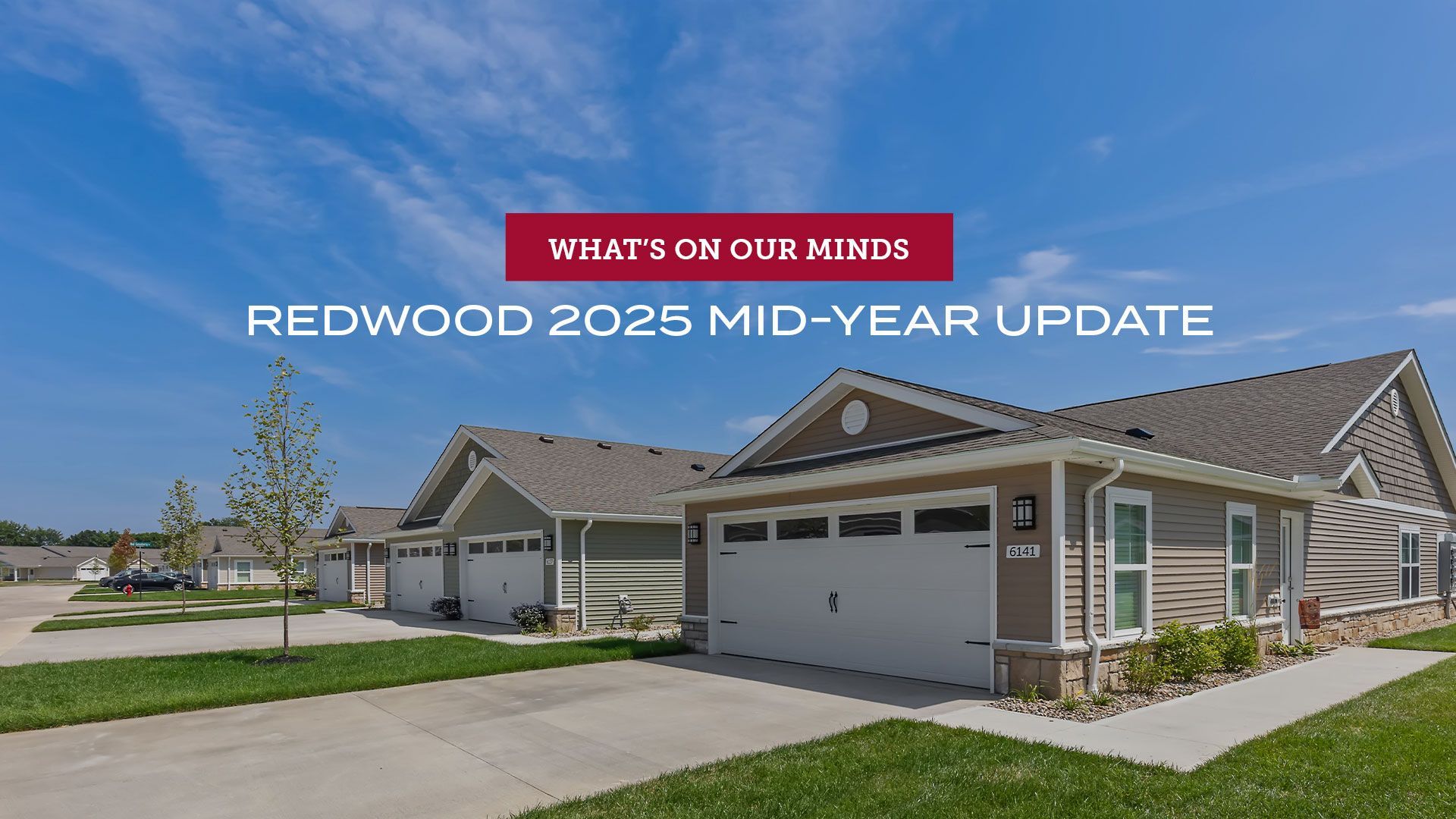Considering Real Estate Investment? Find The Right Approach.
Discover the Types of Real Estate Investments
Whether it is a way to diversify an investment portfolio, a
hedge against inflation or a long-term play, real estate investing is having much more than a moment. In recent years, including in 2022, investors have watched escalating across-the-board real estate values and looked for ways to take advantage of the opportunity.
But which approach is best? It depends on how involved the investor wants to be, the overall investment strategy, and of course, the appetite for risk.
Here’s a look at some of the many ways real estate investment can occur.
The DIY Approach
Inspired by reality TV shows that highlight what flipping the right house can bring in return? Many have been, driving an increase in individual single-family investments.
Often this takes the form of finding an underutilized home, making improvements, and then selling it quickly for a profit. In other cases, individuals buy the house and rent it out for years, or offer it up on vacation rental sites.
It will likely take some sweat equity and ongoing maintenance, plus the ability to finance the property. But beware – houses are selling for considerably more than they were even two years ago, so be prepared to own the investment home for a while if the market shifts.
The same approach can apply to investing in duplexes, fourplexes or even larger apartment buildings. But, the more an investor takes on individually, the more there is to personally address and maintain, such as property repairs, bookkeeping and leasing.
Passive Investing: Enjoy Returns with Less Involvement
If developing, managing and maintaining real estate isn’t something an investor wants to take on directly, consider passive investing opportunities.
With this approach, individuals typically join with a limited number of other investors to support a specific real estate project or pool of projects. Investments will likely pay regular returns and the partnership is designed as a long-term commitment to the real estate.
One such example is the investing in an equity program like the one at Redwood Living, Inc, which offers the opportunity for passive investing in Redwood Apartment Neighborhoods. Investors are able to connect with growing markets that typically have a stable tenant base that would produce consistent returns and create valuable long-term opportunities.
Each Redwood apartment home is found in a neighborhood setting and designed in one of its signature open floor plans with two bedrooms, two bathrooms, an attached garage and a dedicated street address.
Most passive investing, including at Redwood, is available only to accredited investors. Such investors must show an annual income of at least $200,000 for an individual or $300,000 for a couple, with the reasonable expectation that it will continue. Or, they must have a net worth of $1 million or more, not counting the primary residence.
Investing with a Crowd
While passive investments often involve a limited pool of investors, other approaches include many more. The classic REIT, or Real Estate Investment Trust, is a publicly traded entity that owns mostly commercial real estate. A REIT might be focused on hotel properties, office buildings or retail centers, for instance.
Some investors find these provide attractive dividends and help diversify their stock portfolios by including real estate. Like anything, they are subject to market volatility within their sector, though. And while they can offer more liquidity than other real estate investments, returns will vary depending on when shares are sold.
The crowdfunding movement has extended to real estate investing, too. There are real estate crowdfunding platforms that will connect investors with opportunities. Some are only available to accredited investors, but others are open to those who do not meet income or wealth minimums. Many of these investments are non-traded REITs.
A few things to keep in mind, though: These can be highly risky investments, as some of the platforms have short track records. And an investor’s funds might not have much liquidity, potentially being held for years.
Interested in Finding Out More?
The Redwood Investor Relations team would be happy to have a conversation with interested parties. To get in touch about opportunities in passive multifamily investing, contact the Redwood Investor Relations team by calling 216.360.9441 or by filling out a contact form.










